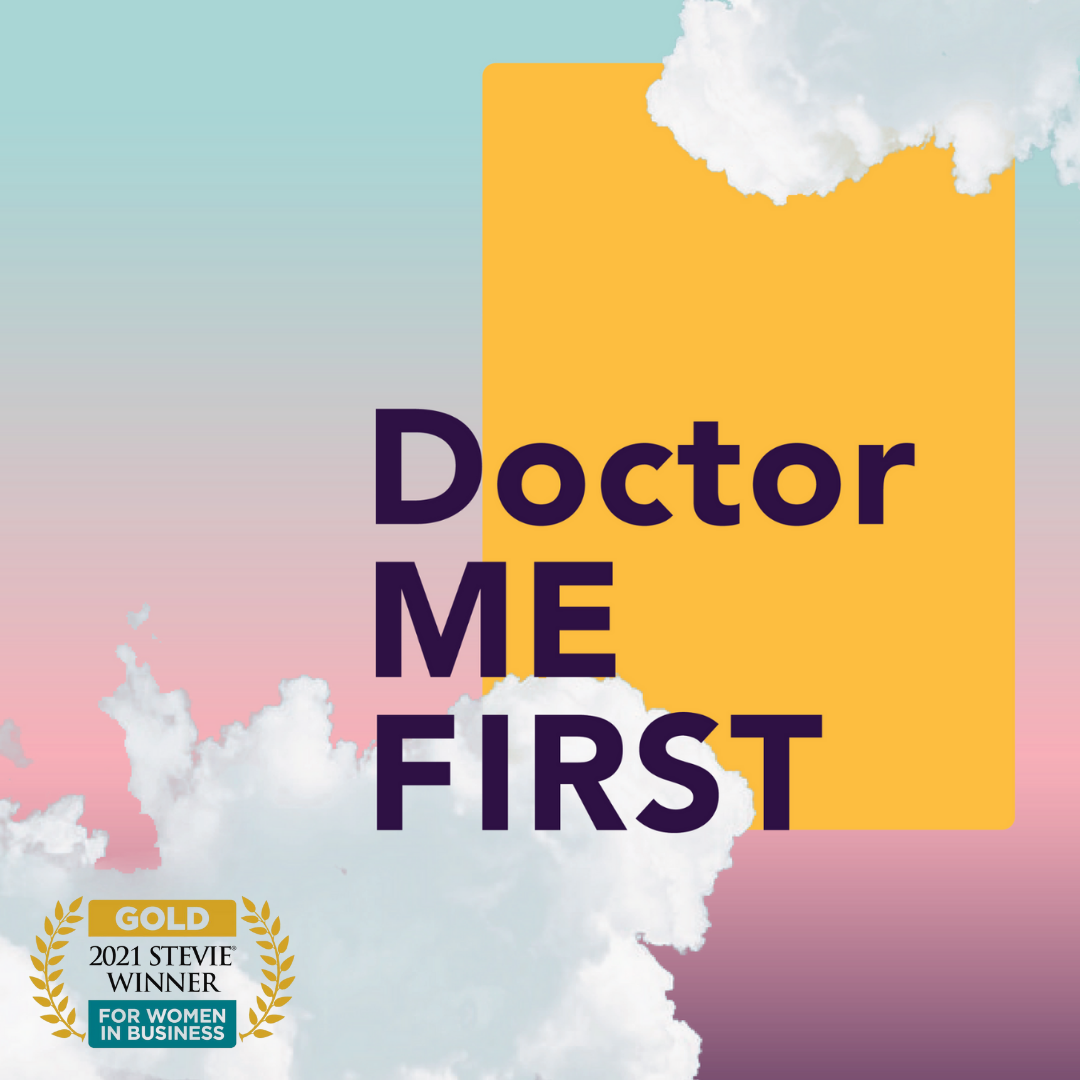Episode 335: Solocast - Leaders, This is How to Decrease Pandemic Burnout Today
You can’t make already highly resilient people more resilient. Resiliency training is not the way to decrease pandemic burnout. Instead we need to discuss systemic and organizational changes to help support the doctors and nurses who make the medical system go round.
Listen as I share various studies and data which reveal a clear path for decreasing pandemic burnout today.
One of the most important things we can do is help clinicians feel safe. Reducing the risk of them contracting Covid or inadvertently passing it to their friends and family is key. Additionally, it’s time to recognize the emotional stress we’ve all been put under and provide resources.
Have you found yourself struggling to see the same number of patients as pre-pandemic? With the increased cleaning measures and additional paperwork, processing patents is taking more and more time. Of course you can’t see as many. We as leaders need to find solutions that don’t include trying to increase patient load.
How do you feel about these recommendations? Are they hitting home? If so, listen in to hear all of them. If not, shoot me an email and let me know your thoughts on decreasing pandemic burnout!
“The majority burnout and the issues that cause burnout are systemic and organizational.”
In this episode:
[02:30] We are talking about decreasing pandemic burnout today.
[03:15] The systems in which we work and the culture we work in cause burnout.
[04:34] I share some research on how resilient physicians are compared to the general population.
[06:03] I talk about an article about getting your own wellness house in order.
[10:15] I discuss an article that gives ten ways for leadership to support your people.
[10:57] #1 Reduce the risk of your clinicians contacting COVID-19.
[11:53] #2 Provide practical support that clinicians identify emotional stress and moral injury.
[13:29] #3 Provide sufficient time for clinical encounters.
[14:25] #4 Extend support to clinicians who are parents by offering flexible work schedules.
[15:16] #5 Reduce administrative tasks that are not mission critical.
[16:11] #6 Robust anti discrimination and anti harrassament policies.
[17:06] #7 Supply free and confidential resources to support clinicians' mental health.
[17:53] #8 Update credentialing and employment applications to remove unnecessary questions about mental and health diagnosis.
[19:03] #9 Encourage clinicians to use their vacations and personal time.
[20:37] #10 Implementing suicide preventions strategies.
[21:19] Thank you for listening!
Links and Resources
The Stanford Model of Wellness
Resilience and Burnout Among Physicians in the General US Populations
Impact of Organizational Leadership on Physician Burnout and Satisfaction
Getting Through COVID-19: Keeping Clinicians in the Workforce
Work is My Drug:
Episode 311: Solocast - Work is My Drug (The Work Addiction Series - PartI)
Episode 313: Solocast - Work is My Drug (The Work Addiction Series - Part II)
Episode 317: Solocast - Work is My Drug (The Work Addiction Series - Part III)
Episode 319: Solocast - Work is My Drug (The Work Addiction Series - Part IV)
Episode 321: Solocast - A Job That Fits My Ass (The Work Addiction Series)
Episode 323: Solocast - Work is My Drug (The Work Addiction Series - Part V)
Episode 325: Solocast - Work is My Drug (The Work Addiction Series - Part VI)





